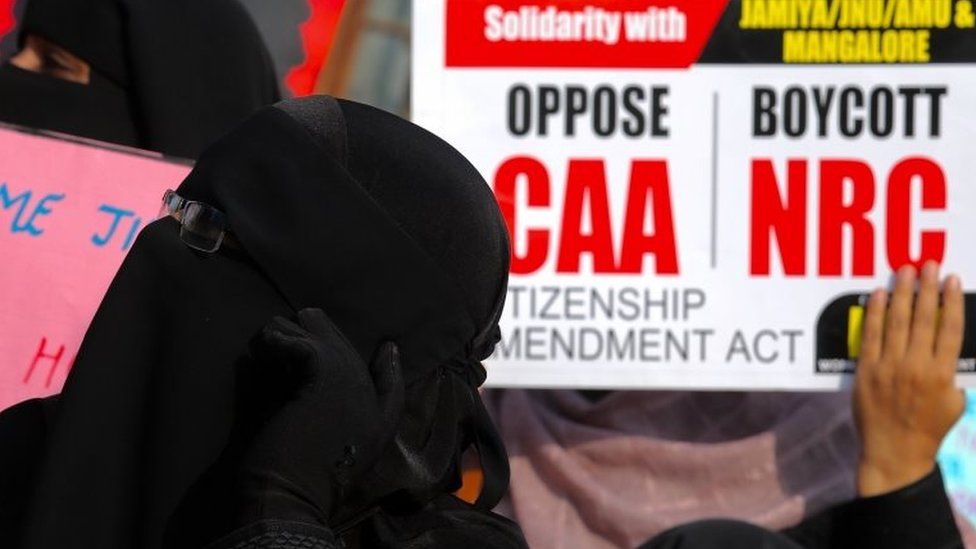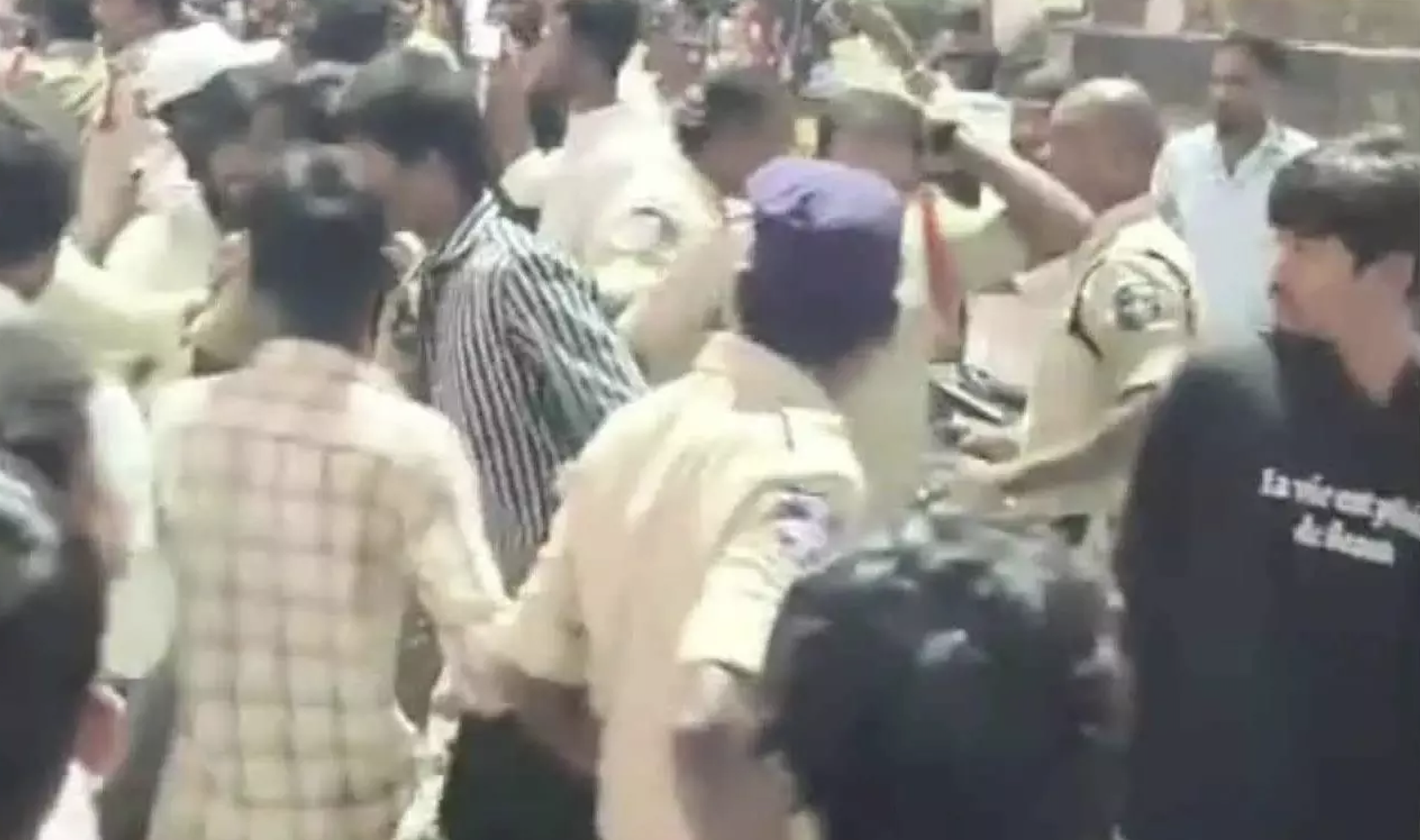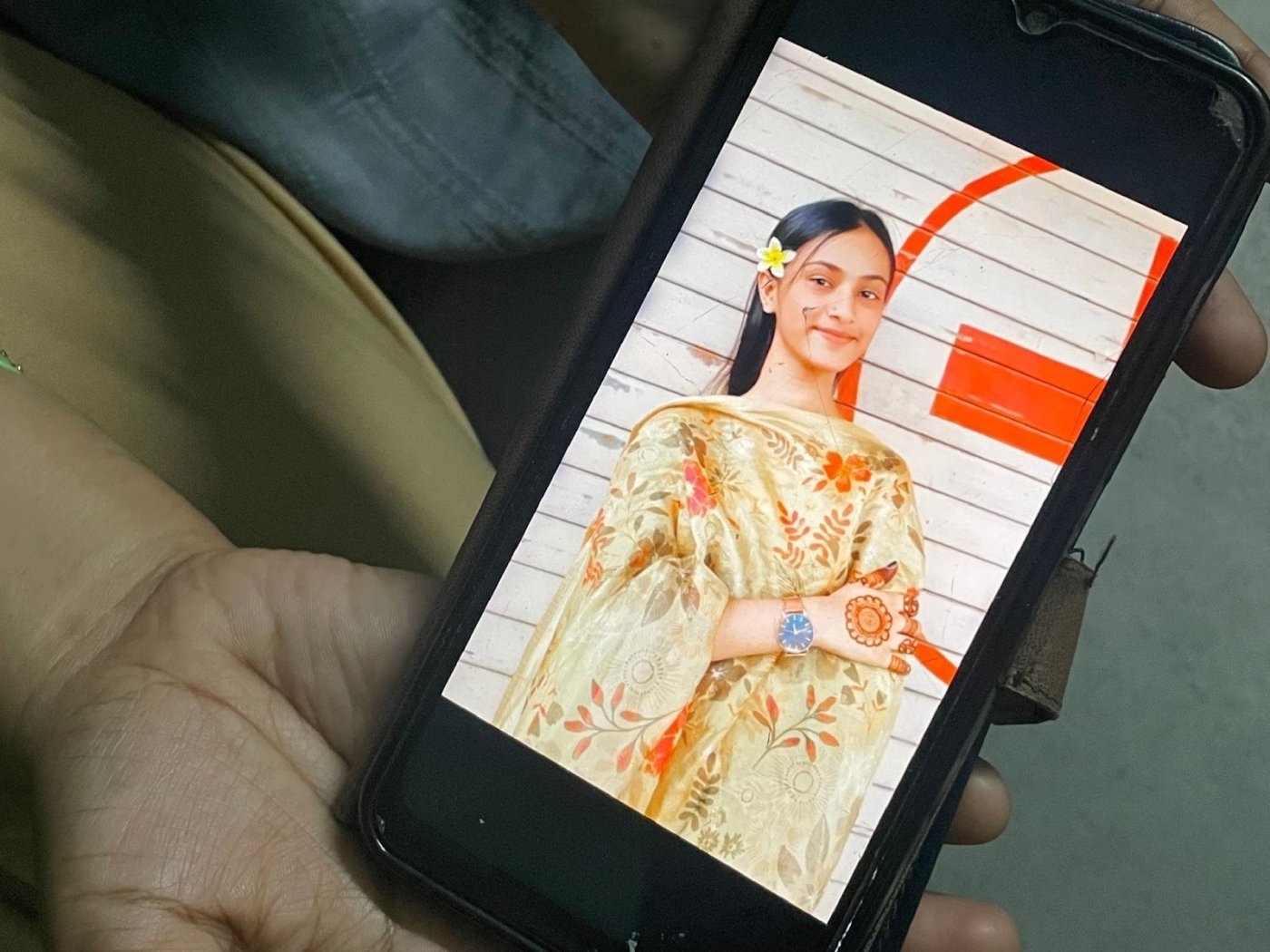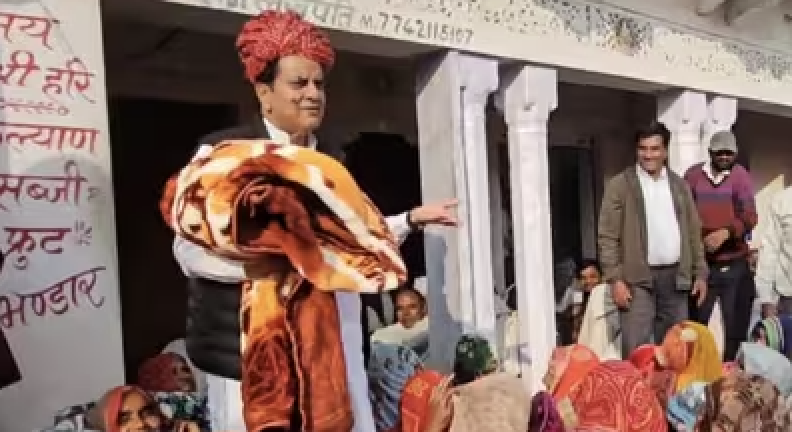
India’s most populous state, Uttar Pradesh, has begun identifying illegal migrants who might be eligible for citizenship under a controversial law.
State minister Shrikant Sharma told reporters that the government had identified around 32,000 people in 21 of the state’s 80 districts.
The Citizenship Amendment Act (CAA) offers citizenship to non-Muslims from three nearby Muslim-majority countries.
Violent protests against it have killed 30 people in Uttar Pradesh alone.
The Hindu nationalist Bharatiya Janata Party (BJP) government says the CAA will protect people from persecution, but critics say it’s part of a “Hindu nationalist” drive to marginalise India’s more than 200 million Muslims.
Adding to the fears is a government pledge to carry out a widespread exercise to weed out “infiltrators” from neighbouring countries. Given that the exercise relies on extensive documentation to prove that their ancestors lived in India, many Muslim citizens fear that they could be made stateless.
Uttar Pradesh, whose state government is also ruled by the BJP, has a large Muslim population. Many of them took to the streets in protest, with some demonstrations turning violent.
The government has been accused of using disproportionate force against protesters. Many of those who died were allegedly killed as a result of police firing.
Despite the concerns, Mr Sharma said the state had begun identifying migrants under the act, given that it came into effect earlier this month. He added that the process had just started, and he expected the number to increase as more data came in from other districts.
What is the law about?
The act offers amnesty to non-Muslim illegal immigrants from three neighbouring Muslim-majority countries.
It amends India’s 64-year-old citizenship law, which currently prohibits illegal migrants from becoming Indian citizens.
- Why fear has gripped Muslims in this Indian state
- India’s new ‘anti-Muslim’ law explained
- The women occupying Delhi street against citizenship law
It also expedites the path to Indian citizenship for members of six religious minority communities – Hindu, Sikh, Buddhist, Jain, Parsi and Christian – if they can prove that they are from Pakistan, Afghanistan or Bangladesh. They will now only have to live or work in India for six years – instead of 11 years – before becoming eligible to apply for citizenship.
It also says people holding Overseas Citizen of India (OCI) cards – an immigration status permitting a foreign citizen of Indian origin to live and work in India indefinitely – can lose their status if they violate local laws for both major and minor offences and violations.
How bad have the protests been?
Protests against the law have been spread across the country, and several have resulted in violence.
Police were criticised for using force against protesting university students in the capital Delhi and in Uttar Pradesh.
Subsequently, large marches have been held in solidarity with students and against the law.
Huge demonstrations have been held in the capital Delhi, as well as in the major cities of Mumbai, Kolkata (formerly Calcutta), Bangalore and Hyderabad.
Protests in the northern cities of Kanpur and Muzzafarnagar saw violence and several deaths.
Critics say that the law violates the secular nature of India’s constitution and add that religion cannot be made the basis of citizenship.
This story first appeared on bbc.com






